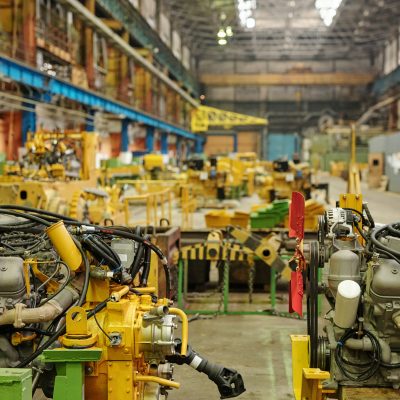Rééquilibrer la relation UE-Chine dans un nouvel ordre mondial

Les relations entre l’UE et la Chine se sont fortement détériorées. Compte tenu de la trajectoire prise par la Chine et de l’évolution du monde, un rééquilibrage de ces relations s’impose pour que l’UE puisse renforcer sa position tout en continuant à coopérer avec la Chine, lorsque cela est à la fois nécessaire et possible, et en évitant d’isoler cette dernière. Pour cela, il faut garantir une concurrence équitable, réduire les dépendances critiques de l’UE, améliorer sa résilience et son autonomie stratégique, accroître son influence dans le monde, et nouer des accords de coopération avec la Chine sur les sujets ou dans les régions où les intérêts des deux blocs convergent.
L’invasion russe de l’Ukraine a encore dégradé les relations entre la Chine et l’UE. Le soutien du gouvernement chinois au discours anti-occidental de l’agresseur russe a avivé les tensions économiques et politiques qui existent entre les deux blocs depuis de nombreuses années. Cela a renforcé la cohésion des États membres vis-à-vis de la Chine, et poussé certains Etats à réévaluer leurs dépendances économiques au régime autoritaire, tout en incitant Bruxelles à encore durcir le ton vis-à-vis de son rival systémique chinois.
Si l’on n’envisage pas d’amélioration des relations diplomatiques sino-européennes à court terme, reste à savoir comment s’adapter à cette nouvelle donne. En effet, compte tenu des interdépendances économiques actuelles et de la coopération qui s’impose avec une puissance mondiale comme la Chine sur des questions telles que le climat, la santé ou la sécurité alimentaire, l’UE devra trouver de nouvelles façons de concilier ses objectifs économiques et politiques. La France et l’Allemagne doivent activement contribuer à cette nouvelle approche.
Les deux pays devraient notamment soutenir les efforts engagés par l’UE pour garantir une concurrence équitable avec la Chine et réduire ses dépendances stratégiques grâce non seulement à sa politique commerciale, mais aussi à une politique industrielle européenne fondée sur un véritable cadre de gouvernance économique. En outre, l’UE devrait mieux tirer parti du levier d’influence géopolitique que lui offre son pouvoir normatif et établir un programme de coopération réaliste et équitable dans les domaines dans lesquels les deux blocs ont encore des intérêts communs.





